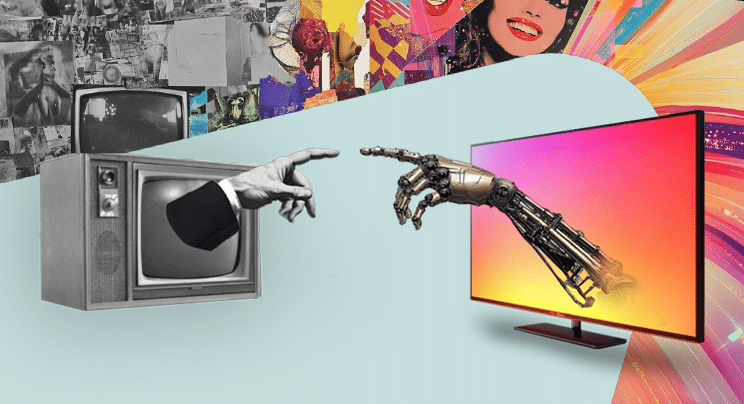Europe needs to modernise copyright for nonlinear viewing
While arguments rage over European political union during the current economic crisis across the continent, there is at least growing consensus over the merits of digital union. But there is anxiety to ensure that in creating a common digital market the desire for broad access to services is balanced against the rights of content creators in the non linear world. The European Broadcast Union (EBU) has been debating the issue of copyright, which has also been discussed in the European Parliament, with the prevailing view being that some form of collective licensing must be adopted in the nonlinear broadcasting world where it is increasingly impractical for rights holders to negotiate with every channel, broadcaster or aggregator serving their material.
At least Europe has form in this area, since it was the Nordic countries that pioneered the concept of extended copyright licensing (ECL) in the 1960s, for both TV and radio broadcasting. This brought various benefits for all parties involved, with operators or broadcasters gaining unrestricted access to a rights holders' content apart from specified exclusions, without risk of infringement. Content owners themselves gain through stronger protection of their rights, and by being able to present a united front when they negotiate with distributors. The risks are generally concerned with exclusions, which can catch content distributors out, and also with failure to compensate rights holders adequately for more widespread distribution of their content. In the nonlinear world, these risks could be amplified. Exclusions might include a particular device platform or territory that a rights holder wants to negotiate separately — but if there are too many of these it could dilute the object of having an ECL arrangement.
As for adequate compensation, rights holders are already learning from the experience of early OTT deployments, such as Netflix in the U.S., which initially obtained content rights for knock-down prices before the big content houses realised how quickly the audience for online TV would grow. Ironically, Netflix has since become the victim of its own OTT success, with its shares sinking by about 9 percent in after-hours trading following the collapse of talks with Starz Entertainment over renewal of the existing contract between the two parties. Not surprisingly, Starz wanted a lot more money, and better packaging for its "exclusive and highly valuable content," the company said.
This is quite a big deal for Netflix because Starz, which is owned by Liberty Global, gives Netflix customers access to several thousand new movie titles from Disney, Sony and others.
This saga is being viewed from Europe with interest, and will no doubt influence discussions over ECL and the single digital market, whose success is essential given that it would add at least 4 percent to the European Union's GDP by 2020, according to the independent think tank, the European Policy Center.
The professional video industry's #1 source for news, trends and product and tech information. Sign up below.
